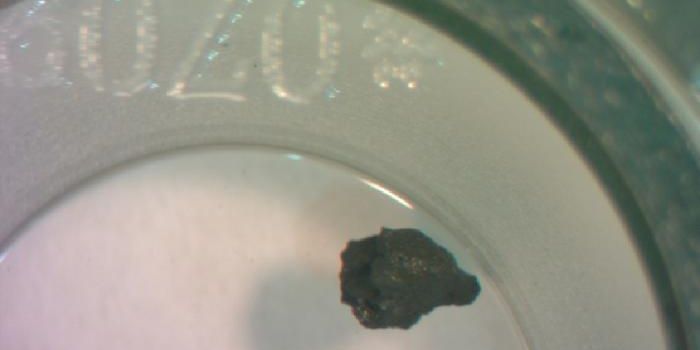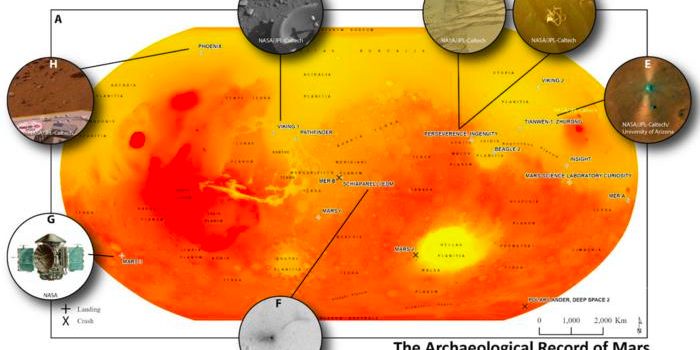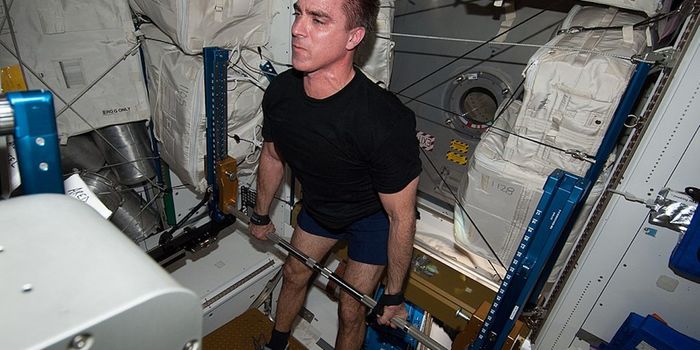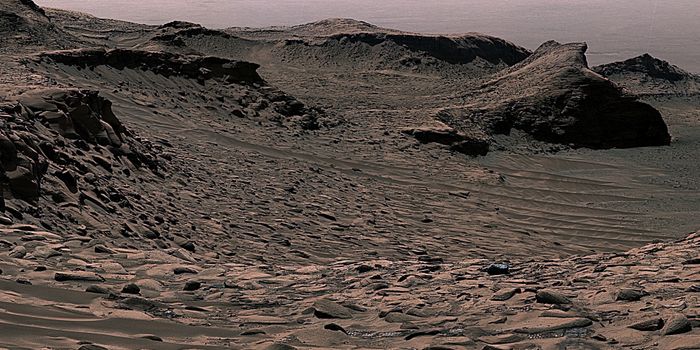Images From MRO Show Where ESA's Schiaparelli Lander Crash-Landed on Mars
Last week, the European Space Agency had a giant face-palm moment after their Trace Gas Orbiter ejected the Schiaparelli Mars lander and it failed to land on the red planet safely.
Rather than coming to a soft landing on the Martian surface, it’s believed due to loss of communication just before the time of expected touchdown that the landing equipment didn’t do its job properly and the lander probably crashed into the surface and was destroyed on impact.
Now, new imagery released by the Mars Reconnaissance Orbiter (MRO) at a low resolution of 6 meters per pixel appears to show the final resting place for Schiaparelli by way of a new marking on the planet’s surface that wasn’t there prior to the attempted landing.

Image Credit: ESA/MRO
Clearly seen in the before/after GIF above, you can see a black dot appear inside the bounding box near the top left, which is believed to be the Schiaparelli lander itself.
Looking carefully, one can also see a bright white spot on the bottom right of the bounding box, which is believed to be the lander’s 12-m parachute.
As you might be wondering why the Schiaparelli lander looks bigger than the parachute, well the ESA says there’s a logical explanation.
The lander fell from the air at anywhere from 2-4 kilometers up, which meant it would have impacted the surface at a rate of speed of around 300 km/h. At this speed, it would have done a considerable amount of damage to the Martian surface, kicking up debris and disturbing the uniform bright surface. What you’re seeing is a miniature crater dug by the impact.
There is even speculation that the lander may have exploded after having such a hard impact on the surface.
As early as next week, the MRO’s highest resolution camera (HiRISE) will get a chance to scan these parts of Mars and get a clearer, closer look at the supposed Schiaparelli landing site.
Despite the mishap with the Schiaparelli lander, part two of the mission to put the Mars 2020 rover on the red planet is still a go. Perhaps this time around, the payload will have better luck landing.
Source: ESA








